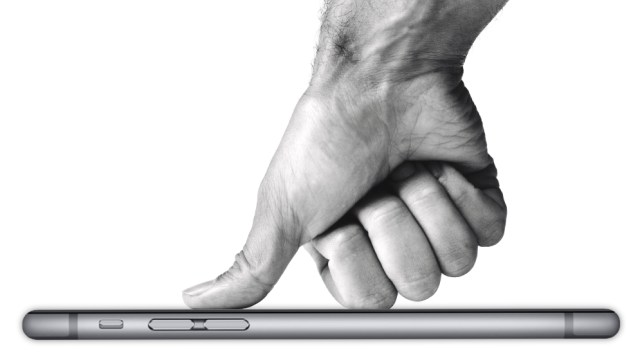Taking Small Breaks Appears Helpful for Your Memory

I walked by the Au Bon Pain at the Rutgers Student Center on many a late night, wondering who those students were hunkered down over their books while fueling up on endless draughts of caffeine. It was foreign to me, being a morning person; the notion of spending the midnight to dawn hours trying to remember information never seemed plausible.
The all-night cram has since been disproven as an effective memorization method. In Spark, John Ratey reveals a much sounder method for boosting your memory system: right after cardiovascular exercise. He documents an elective school program, Zero Hour PE, in which students run a mile before school starts, then have their two toughest classes stacked in the morning. Students choosing jogging over sleep experienced statistically relevant improvements in test scores.
How, when, and how much to study has long been of interest to educators and students alike. Do you spend hours focused on a singular subject? Are breaks helpful? New research from John Hopkins postdoctoral fellow David F Little shows that for certain skills, a break—or a number of breaks—is beneficial for retaining information.
Little specializes in psychophysics, the study of human perception. In his paper he notes that while some skills require only a single instance of learning to form a lasting memory, perceptual learning skills demand extensive practice over a number of days. In his trials volunteers endured hundreds of rounds of trials for between seven and nine days.
The subjects, broken up into groups of eight, were tested on listening to differences in sound, or, as Little puts it, a frequency discrimination task. Listeners were told to listen to two pure-tone frequencies during each trial, and were asked to select the lower frequency.
There was also a test for English speakers to discriminate certain pronunciations of foreign sounds, which at first sound similar though, with practice, are critical to understanding languages like Thai and Hindi. This language test, which focused on a three-way phonetic contrast found in the “mba” sound, is “similar conceptually to a native speaker of Japanese learning to distinguish ‘r’ from ‘l.’”
Finally, groups were also tested on texture- and face-identification tasks, which Little said could help diagnostic clinicians who read MRI scans all day. Through proper training they might be better equipped to discover discrepancies in scans more quickly.
The groups were broken up into four categories: forty minutes of study without a break; twenty minutes of study without a break; two twenty-minute study sessions broken up by a half-hour break; a forty-minute study session broken up by five six-minute breaks.
Turns out that the top two performing groups studied for forty minutes without a break or studied for forty minutes with five mini-breaks. The half-hour break proved too long for the subjects’ transient memory store to produce a durable memory, while twenty minutes was not enough time to transition from short-term to long-term memory.
Too long of a break could create a similar problem to the all-night cram session, in which too much emphasis is given to a particular subject—too much central executive, not enough default mode. The problem in either case is there’s no integration of information to trigger a lasting memory that lasts across days.
The sweet spot seems to be either in a dedicated amount of time to study—in this case, forty minutes—or by taking a number of small breaks but returning to the information relatively quickly. Discovering what method works best might require personal experimentation, but one things seems certain from all this research: the balance between complete focus and giving your brain space might be nuanced, but extremes in either direction do not appear helpful.
—
Derek Beres is the author of Whole Motion: Training Your Brain and Body For Optimal Health. Based in Los Angeles, he is working on a new book about spiritual consumerism. Stay in touch on Facebook and Twitter.





